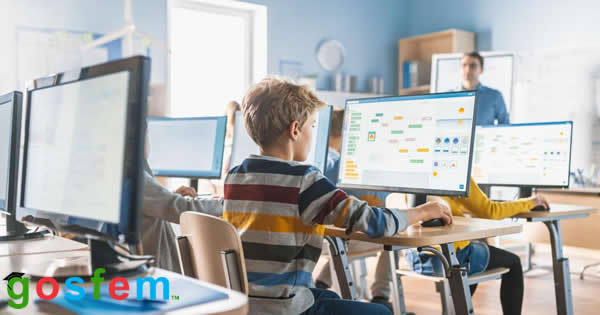
For several decades, there has been a blurring between traditional education and online education, but the pandemic has quickly accelerated this shift. It is most certainly true that the ongoing pandemic has changed education across the world. While countries across the world, went into lockdown, almost overnight, schools and educational institutions were forced to pivot swiftly, transforming themselves in the process of adjusting to new world order.
Not only did schools launch technology-driven initiatives to enable remote teaching and online learning, but also new educational experiences and technology-enhanced pedagogies followed.
Before the pandemic, the primary purpose of online education was as a booster to distance learning programs. During the pandemic, its purpose has shifted to supporting continuity of instruction,
Online education served primarily as a support to distance learning programs prior to the pandemic. During the pandemic, its purpose has shifted to supporting continuity of instruction. As we (hopefully) draw closer to the end of the pandemic, online education will undoubtedly find new audiences with new learning goals. Moreover, flexibility and endless learning possibilities have arisen from necessity shift the expectations of students and teachers. It is further erasing the distinction between classroom-based traditional pedagogy and virtual learning.
The covid pandemic has most definitely caused a disruption of traditional education and even after the pandemic ends, schools will be more willing to accept and adopt digital technology.
The global and fast-growing Edtech market has speculated that the covid crisis will lead to a definite acceptance of classroom technology that will not just improve the teaching process but will empower teachers to make education a student-centric experience. It is expected that many institutions allocate budgetary resources to ensure adequate and update digital development and training for the staff.
In a post covid world, schools will no longer be confined to brick-and-mortar spaces. The new classroom will be a technology-integrated, multi-social media learning environment. These online learning spaces will not be restricted by physical boundaries and classrooms will be transformed into virtual spaces in a multidimensional world. This virtual classroom will be characterized by access to the internet and a smart device.
Easier access to mobile phones, the development of a new learning app coupled with 5G and higher internet will accelerate the growth of this virtual classroom
As a result of the pandemic, schools began using synchronous online collaboration tools such as Zoom, Google Meet, and others. In the future, schools will be able to invite experts from anywhere in the world to join online classrooms and teach students. By taking advantage of innovative hands-on learning strategies such as virtual field trips and virtual labs, schools can also expand their learning beyond just local museums.
Traditionally classroom skills included text-book-based learning, memorization, pattern prediction, and repetition, However, with the advancement of classroom technology in the pst covid word, there is a new set of digital skills that the students will need. Because of artificial intelligence and related classroom technologies, the focus of skills is expected to shift from collecting and retrieving information to learning collaboration, creativity, curiosity, critical thinking and most importantly developing global competence and a growth mindset where students can take responsibility of their own learning.
The digital transformation of schools post covid is not limited to just online learning, but also to the ways the school administration team will work
An LMS or a Learning Management System is a software application that empowers schools to manage online learning and administrative activities with ease and efficiency. When schools shut due to Covid, LMS systems helped schools to maintain continuity in teaching and ease in remote administration. LMS emerged as the lifeline for education to survive and continue teaching.
LMS has revolutionized the ways schools across the world operate and it is estimated that
LMS will grow from USD 13.14 billion in 2020 to USD 25.7 by 202. In a post covid world, this tool will help to enable student-teacher interaction and peer collaborations as students connect, communicate, share information, complete assignments and learn in a more impactful manner, that is easier to consume. It will also help the school manage administrative activities like admission, fee management, record management, etc. remotely using online LMS resources.
The new post-pandemic world will also see the emergence of new teaching tools and methodologies. From a text-book-driven teaching to using tools like quizzes, polls, educational games and simulations, VR glasses and other multimedia content. MOOCs, mobile learning, social learning, and adaptive learning will also be part of the new virtual classroom experience.
Another digital characteristic of a post covid classroom will be the ability to mix traditional classes with online instruction and shift between the two seamlessly when there are surges in the rate of infection. This classroom will have blended learning opportunities that will offer a combination of remote online classes and face-to-face classes. This is also called hybrid learning where students can attend online or in-person.
The pandemic has been a lesson to schools and educational institutions across the world to learn to adapt and embrace new forms of teaching, working, and interacting. Over the years school technology has evolved from a mere support function that schools passively used to technology becoming a key driver in the active, creative learning and functioning of the school.
Fedena has been a preferred partner for schools to help them adopt technology and digitize the entire range of school operations – from admissions and exams to streaming lectures and mobile learning.
share share share share share share share





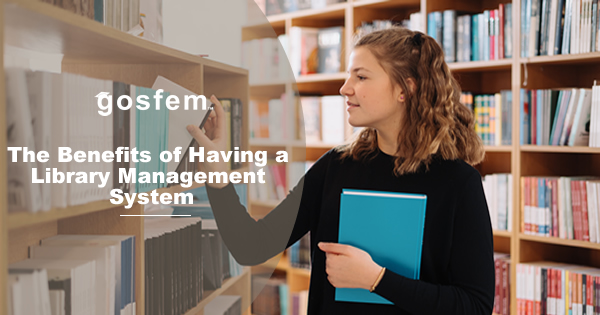
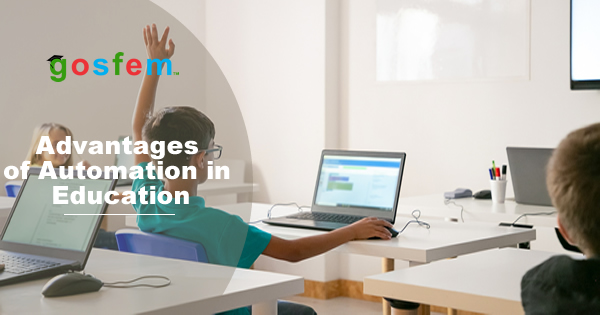



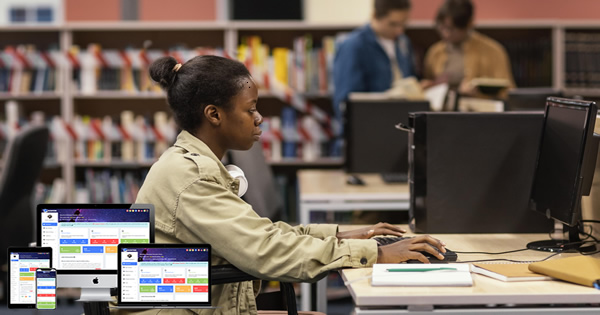
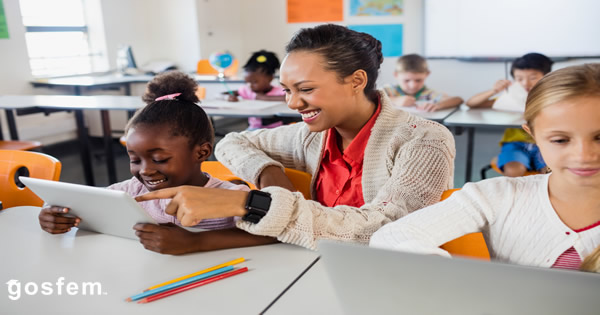









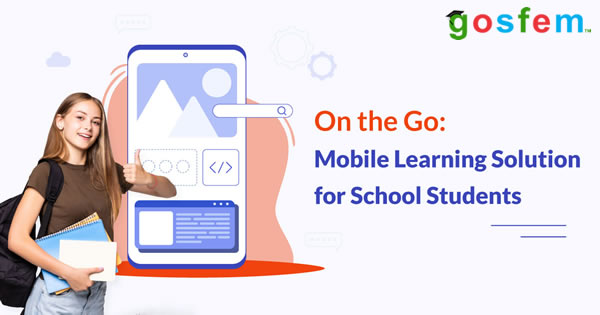




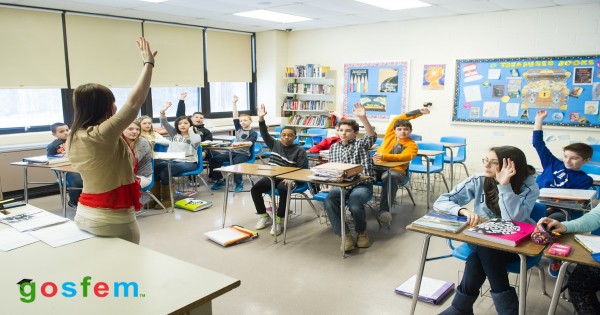



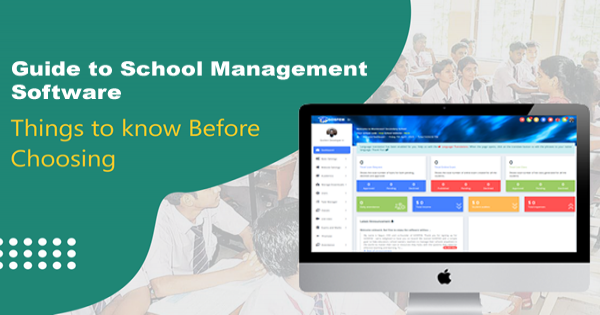



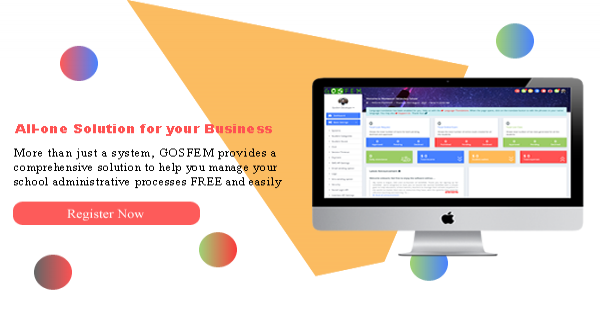
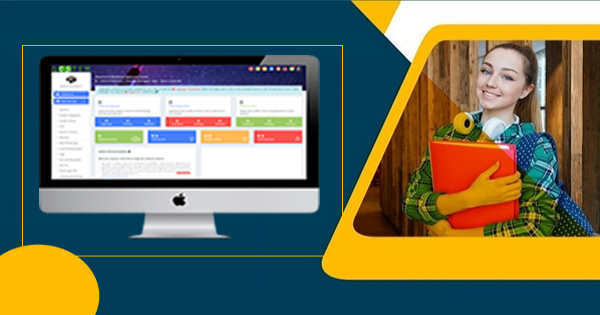
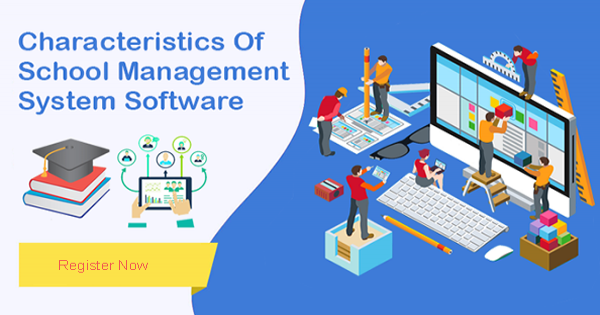
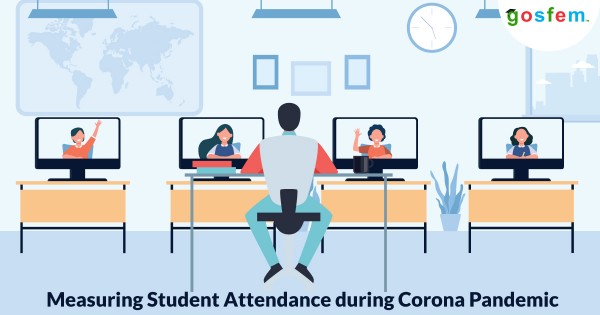
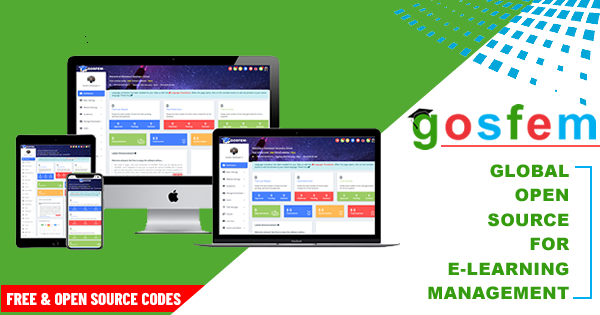

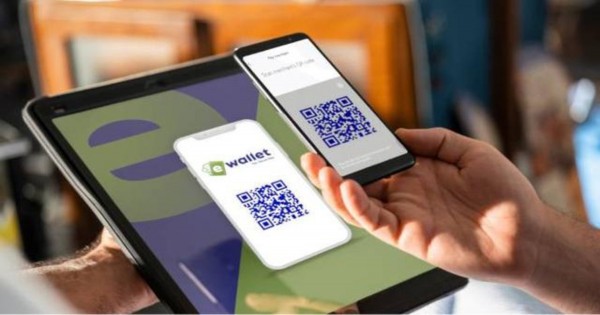
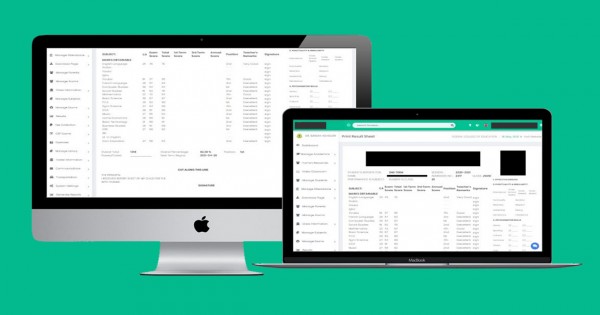






Study any topic, anytime. explore thousands of courses for the lowest price ever! on Gosfem Learning Mangement Software and increase your knowledge with our courses from the best instructors around the world.
Explore Courses

Join thousands of instructors on Gosfem LMS teaching platform. Teachers around the world are already joining us. Do not be left out from this great platform. Come and teach what you know best and let others benefit from the wealth of knowledge you have.
Become Instructor